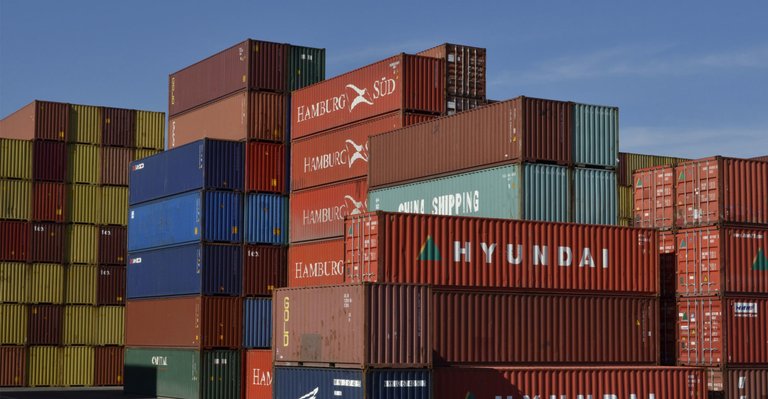
Around 90% of international trade takes place by sea. The paper bill of lading has been the foremost shipping document for centuries, and even today is all pervasive.
However, paper bills are inefficient and unnecessarily expensive. They have to be couriered ahead of goods shipped and can be easily forged or mislaid.
In fact, shipping documents and bills can be up to 40kg per vessel, and cost up to 10% of the value of the goods carried! Now, for the first time, a viable electronic alternative to paper bills may be available thanks to blockchain technology.
Unlike other systems, blockchain technology has made the guarantee of digital originals possible in a decentralised system. Transactions take place peer to peer (P2P) on an open platform with no prior subscription required. This openness ensures universal reach and compatibility with all trade partners.
Blockchain technology could also meet traders’ requirements for transparency on one hand, and privacy of sensitive information on the other. A blockchain based digital bill of lading would be under the control of the holder of the private key corresponding to the address where the asset is kept.
Hi! I am a robot. I just upvoted you! I found similar content that readers might be interested in:
http://www.itnewsafrica.com/2017/07/blockchain-is-set-to-revolutionise-international-trade/
How would one actually implement a blockchain on Bills of Lading? Very curious to actually start developing a project around this idea in Mexico.